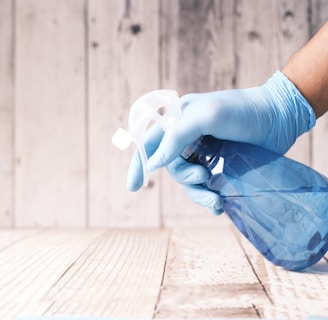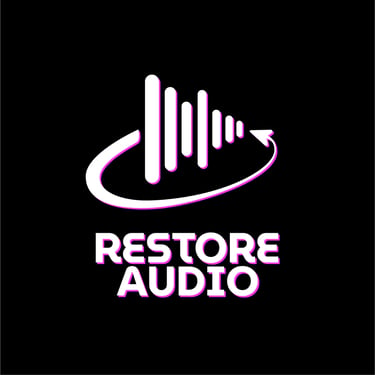Can DJ Controllers Be Repaired? Yes!
The amount of DJ Controllers that are on the market has rocketed, so the question of repairability has increased too. We have YOU covered!


DJ controllers are essential tools for modern DJs, offering a range of features and functionality that make it easier to perform and manipulate music. However, like any electronic device, DJ controllers can encounter issues over time. The question many DJs ask is: Can DJ controllers be repaired? In this blog post, we'll explore the possibilities of DJ controller repair, when it's feasible, and what steps you can take to maintain and fix your equipment.
The Rise Of Controllers
Before diving into the repair process, it's essential to understand the typical problems that DJ controllers may encounter:
1. Hardware Malfunctions: Issues with buttons, faders, jog wheels, or other physical components.
2. Connectivity Problems: USB ports, audio connections, or power supply problems.
3. Software Glitches: Firmware or software-related issues, such as freezes or crashes.
4. Performance Degradation: Wear and tear can lead to a decrease in overall performance and responsiveness.
Common Issues
1. Warranty Coverage: Check if your DJ controller is under warranty. If it is, you should contact the manufacturer or authorized service center for repairs. Attempting repairs yourself might void the warranty.
2. Visible Damage: If your controller has suffered physical damage, such as a cracked casing or broken buttons, it may be repairable, depending on the extent of the damage.
3. Audio Issues: If you're experiencing audio problems like distorted sound or malfunctioning audio interfaces, a repair might be possible.
4. Buttons and Faders: Non-responsive buttons, faders, or knobs could be fixed by a professional technician.
5. Software Troubles: If your controller is experiencing software issues, reinstalling firmware or drivers might solve the problem. It's advisable to contact the manufacturer's support or refer to their online resources for guidance.
Repair Time?
Before seeking professional repair, here are some troubleshooting steps you can take:
1. Check Connections: Ensure all cables are securely connected and inspect them for any visible damage.
2. Update Software and Firmware: Make sure you have the latest software and firmware updates installed. This can often resolve software-related issues.
3. Clean Your Controller: Dust and debris can accumulate within your controller and affect its performance. Gently clean it with compressed air and a soft brush.
4. Button and Fader Calibration: Many controllers allow for button and fader calibration. Consult the user manual for your specific model to calibrate these components.
DIY Troubleshooting
To extend the life of your DJ controller and reduce the need for repairs, consider the following preventive maintenance tips:
1. Protective Cases: Invest in a protective case to shield your controller from physical damage during transport.
2. Regular Cleaning: Regularly clean your controller to prevent dust and debris buildup.
3. Safe Transport: Handle your controller with care during transportation to avoid shock and impact damage.
4. Proper Storage: Store your controller in a cool, dry place to avoid exposure to extreme temperatures and humidity.
Preventative Measures
In summary, DJ controllers can be repaired in many cases, depending on the nature of the issue and the availability of professional repair services. It's essential to explore warranty coverage, perform basic troubleshooting, and consider preventive maintenance to reduce the likelihood of problems in the first place. With proper care and occasional professional assistance, your DJ controller can provide you with years of reliable performance, ensuring you can keep the music flowing seamlessly.
Final Word






Click to share
SOCIALS
Discovery Court - 551 Wallisdown Rd - Poole - BH12 5AG


SOCIALS
Discovery Court
551 Wallisdown Road
Poole
BH12 5AG
ADDRESS


